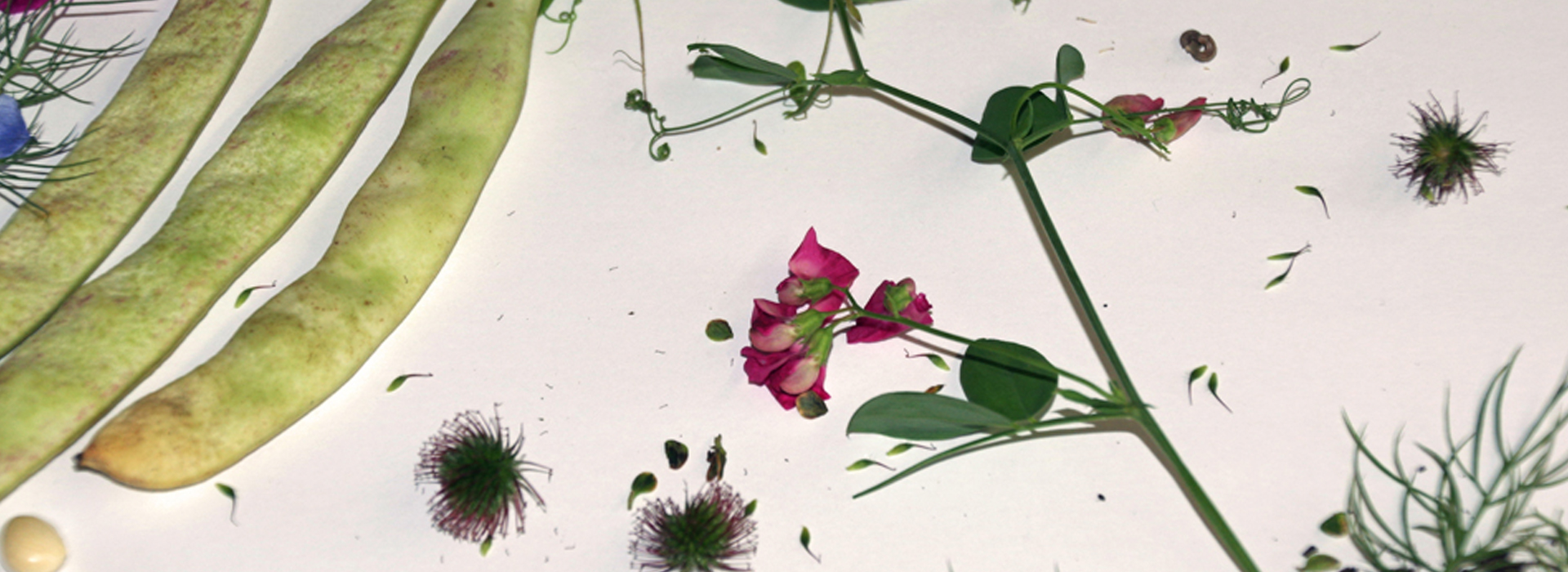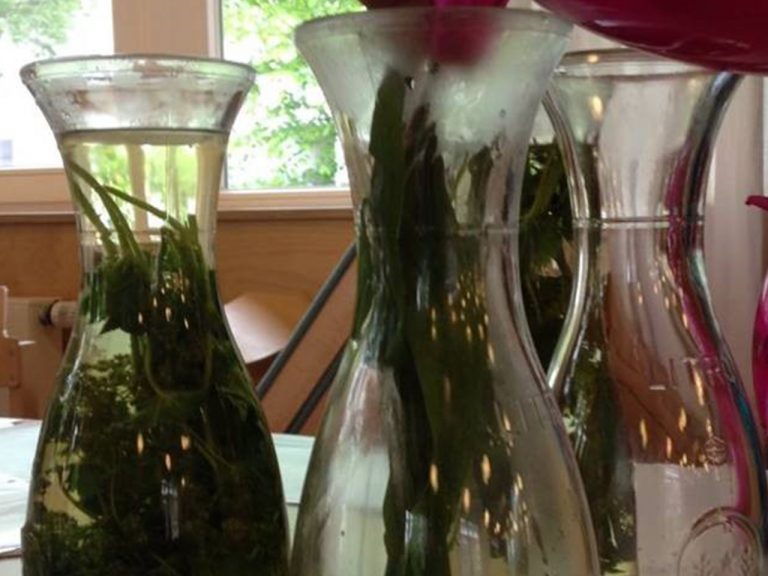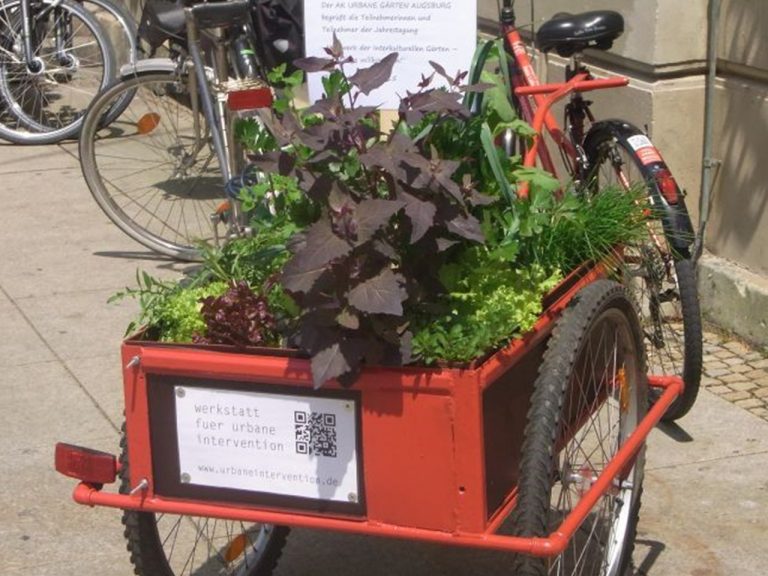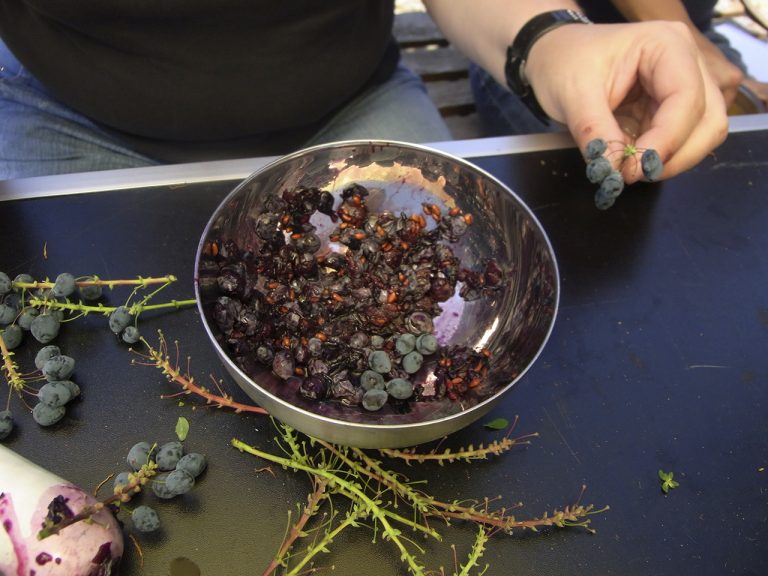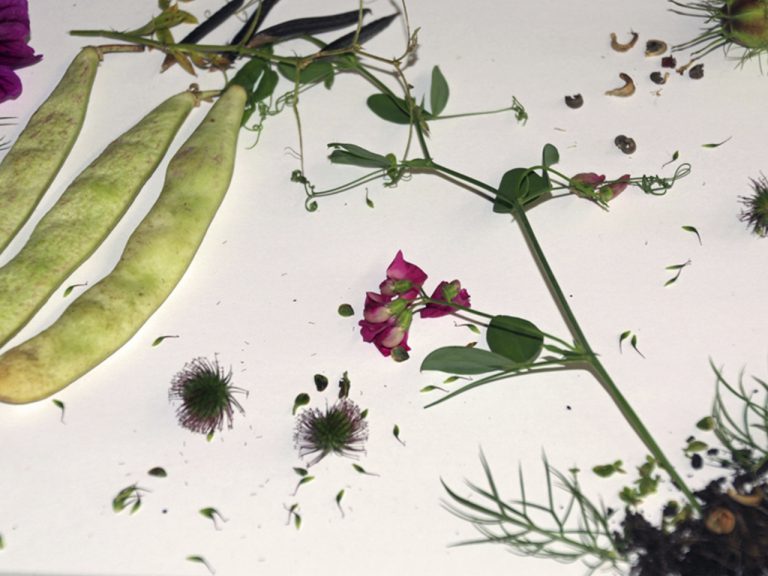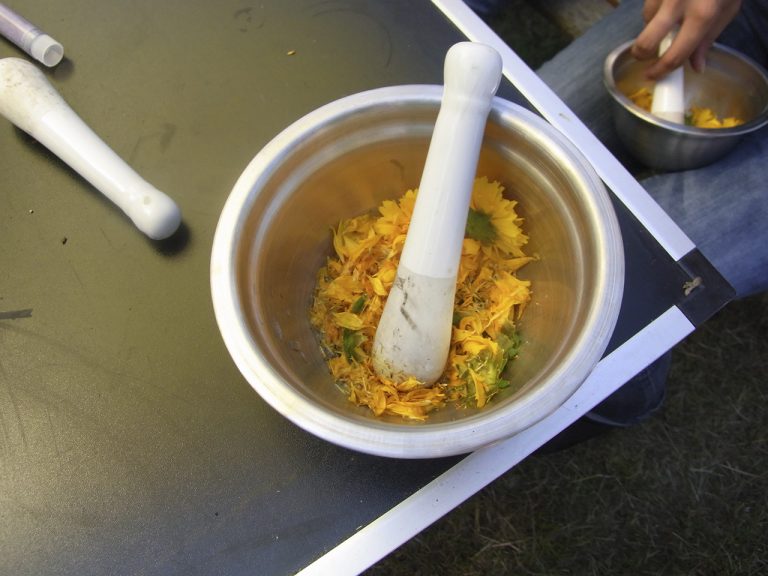Gathering and sharing knowledge about wild plants and their use.
“Use the participants’ curiosity. People may not believe that wild herbs can be tasty.”
Description of the activity
The gardening group gathers commodities in their garden or any suitable location where weeds are available. The person that leads the activity introduces the participants to edible wild herbs that are common in the area. In the best case, the leader brings selected herbs and participants can get in contact with these plants through their senses. The initial leader invites all participants to share their knowledge and experience, so that the classical teacher/student situation is not used. The group is invited to pair up in teams and pick herbs in the area. The collected herbs are prepared in combination, e. g., with rice or as salad. The preparation and cooking activity take place outdoors where an open fire is permitted. Alternatively, the herbs are stored in containers and the food activity takes place at another time in a kitchen.

 English
English  Deutsch
Deutsch  Español
Español  Svenska
Svenska 